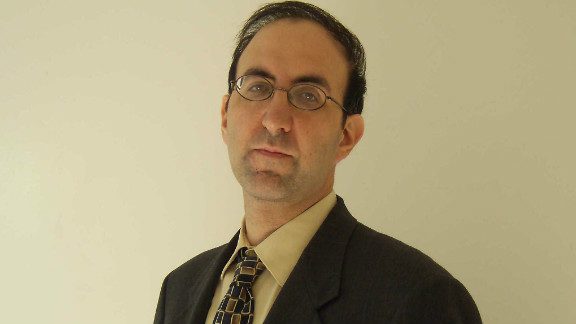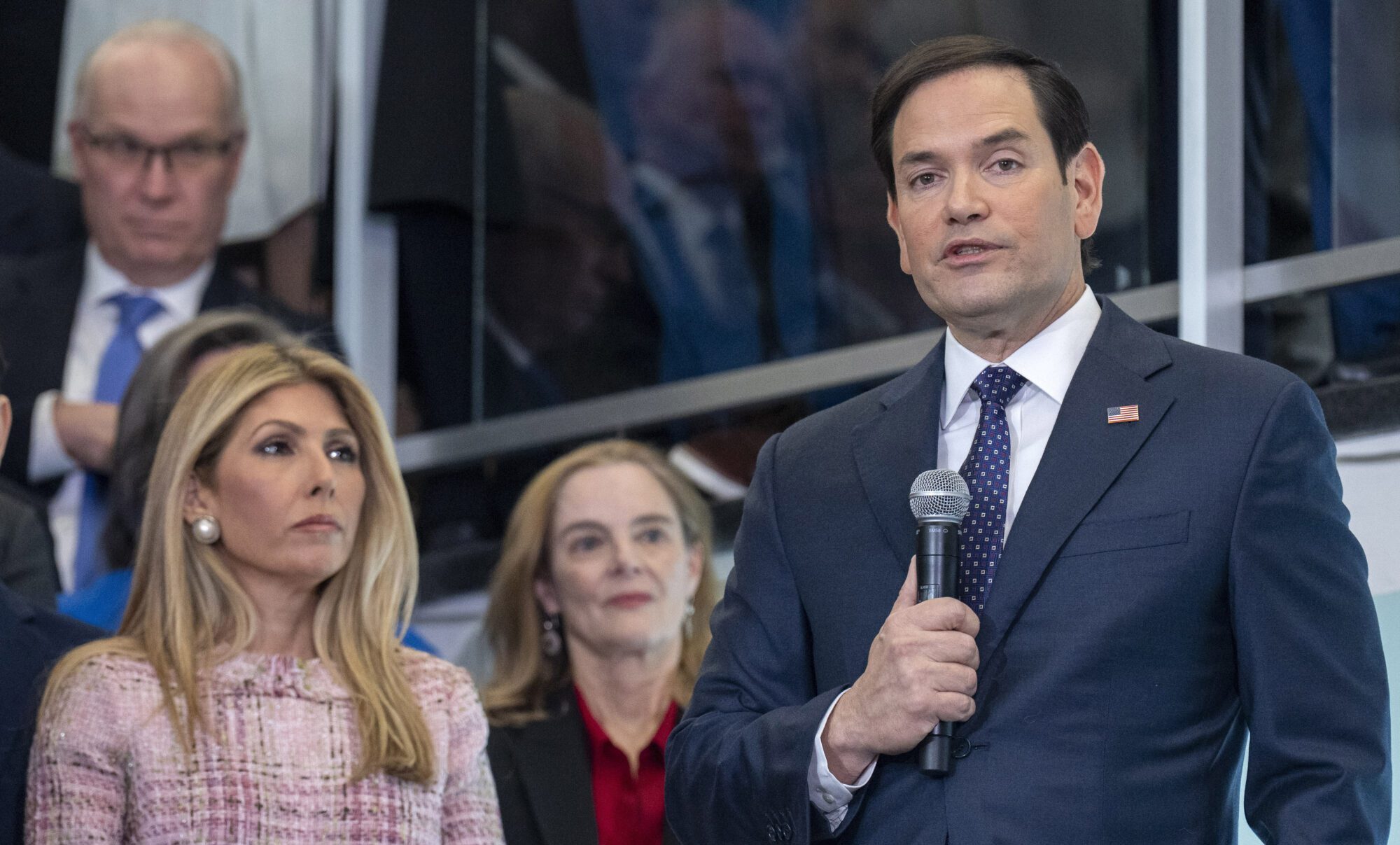
Joshua Spivak
Recall elections have been a popular, if sporadically used, tool throughout the country.
Mississippi has never been one of the more active users of direct democracy laws. The state famously cut back, if not eliminated, the ability to use the initiative. It has not had recall elections.
But a battle between the Jackson Mayor and the Mississippi Governor over the city’s water problems led to a recent attempt to change the state’s law and potentially give voters more of an option to remove officials before their term is up.
Recall elections, where voters are allowed to gather signatures on a petition, resulting in a new election that can lead to the removal of the targeted official, have been a popular, if sporadically used, tool throughout the country.
Existing in the colonial period and voted down in the Constitutional Convention, recall elections came back into use in America during the Progressive Era, when Los Angeles adopted it on the local level in 1903 and Oregon on the state level in 1908. Twenty states have the recall in some form on the state level, and 40 may allow localities to use the recall.
The recall really gained attention in 2003, when California Governor Gray Davis was ousted and replaced by Arnold Schwarzenegger. Since then, two other governors faced the voters in recalls – Wisconsin’s Scott Walker and California’s Gavin Newsom – though both survived.
The recall’s power has mainly been felt on the local level, with somewhere between 80-120 officials facing a recall each year over the last decade, and 20 or so resigning in the face of a recall petition.
Mississippi is arguably one of these states that possess a recall law. The Magnolia State currently has a law that allows for a quasi-recall against county officials, though there is disagreement as to whether it counts as a recall law, with students of the recall generally ignoring the state in their listing.
Under this provision, voters can petition the governor to remove a county official. The governor then appoints three chancery judges to decide if the official should be removed for “failing, neglecting or refusing to perform any of the duties required…” If the judges find against the official, a special election is held, and an absolute majority of the qualified voters in the district need to vote in favor of removal for the official to be kicked out of office. The governor then appoints a temporary replacement, and another special election is held within 60 days to fill the slot.
This law is extremely restrictive, arguably more so than any other recall law in the country. The amount of signatures needed, 30% of registered voters, is very high (though Louisiana had a higher number – 33 1/3% for some officials, though they lowered it for state-level ones). Most jurisdictions use numbers closer to 25% of voter turnout in the last election, a naturally much lower figure. Requiring an absolute majority of qualified voters to cast ballots voting in favor of kicking out the official is not a provision that usually exists in the US, though other countries have a similar “absentee veto” type of requirement. Idaho’s law requires the vote in favor of removal to top the total amount of votes that the official received in the original winning is rare, but again that is quite likely a smaller number than Mississippi requires.
The oddest feature is somewhat similar to other states. Seven states have a malfeasance standard or judicial recall law, which requires that the official violated a statutorily delineated set of laws in order to be eligible for removal. In those states, a judge or election official rules on whether such a violation has occurred. Mississippi’s law, which doesn’t specify a violation of a law or showing of incompetence but rather an amorphous refusal to perform the duties of office, is at once more and less restrictive than other states. It is frankly not clear how it works in practice.
One other state, Virginia, allows for a recall trial for county and some state officials (though Virginia allows for local officials to face recall elections). In that case, after petitions and signatures are submitted, a judge decides whether the law has been violated and the official should be removed. Unlike in Mississippi, the governor has no role in the process and there is no election.
The bill proposed by Representative Shanda Yates sought to expand Mississippi’s removal process to include local officials under the same unusual law. There is also a proposed amendment to the Constitution which would place a full recall election provision for all elected officials in the state before the voters. This doesn’t seem to be going anywhere though.
The Yates amendment was unlikely to result in a boom in recall votes in the state. Recalls are fairly rare in the country and due to the extreme signature requirement in the removal process law in Mississippi, it would be quite hard to get these recalls on the ballot. Similarly, since a legal violation has to be proven, it may not be worth it.
The states that have recalls also probably possess a more developed signature-gathering industry – millions were spent to get the recall of Newsom on the ballot – to help surmount the hurdles. It would take time and effort to get that going in Mississippi, and the lack of an initiative process makes it unlikely to happen at all. This probably should alleviate concern that the recall would be a regular feature of Mississippi’s political life.
Mississippi has not been at the forefront of direct democracy in the US. Expanding its quasi-recall law to local officials could help crack that door open a bit and give voters a little more say in ousting recalcitrant or misbehaving elected officials. It may be worth considering whether this law would help the voters in the state receive better representation.








